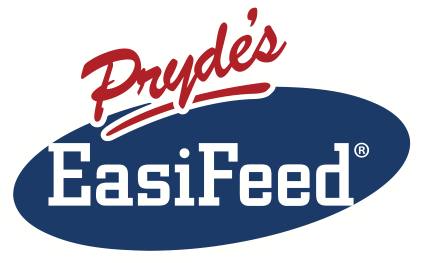Dr Nerida Richards
There is nothing nicer than seeing mares and foals belly deep in green pasture, but lush pastures can make managing mare nutrition difficult. On one hand you want to avoid at all costs your mares getting overweight. On the other, you know that you must feed your mares to make sure critical requirements for nutrients are met so mares stay fertile and produce foals that are as sound as possible. So how do you find the right balance?
What is in pasture?
Green pastures are an excellent source of nutrients. The main nutrients gained from pasture are energy and protein, with quality pastures capable of meeting and in many cases exceeding a broodmare’s requirements. Green pasture is also a rich source of vitamins including vitamin A, E and the B-group vitamins.
What is missing from pasture?
Pastures are almost always deficient in trace minerals including copper, zinc, selenium and iodine which all play important roles in reproduction and growth. Depending on where pastures are grown and how they are managed they can also be low in the macro minerals calcium and phosphorus which are critical for sound foal development and long term mare health.
To feed or not to feed...
As you well know, mares on lush pasture are at risk of becoming overweight. But we also know pasture isn’t able to meet all of a mare’s critical nutrient requirements for minerals. So this can leave you in a bit of a quandary. Feeding full rates of your normal hard feeds just to meet mineral requirements will make mares way to fat, but then not feeding at all will leave deficiencies in their diet.
Filling the gaps
When mares and particularly pregnant mares are on lush pasture there is little need to feed anything other than a ‘Balancer Pellet’ that will add the required minerals to the diet without adding too many extra calories that will contribute to excess weight gain.
As pasture conditions dry off or a mare’s energy requirement increase with lactation and the pasture is no longer able to fully support their energy and protein needs their normal hard feed will need to be incrementally reintroduced.
By using a combination of the Balancer Pellet and their normal ration you can tailor the amount of feed your mares get to control body condition without compromising mineral intake.
Pryde’s EasiFeed Mare Diets
Pryde’s EasiFeed makes managing mare diets easy through changing pasture conditions. The set of diets below gives you feeding rates suitable for pregnant and lactating broodmares using the ‘150 Balancer Pellet’ and the fully extruded complete feed ‘BioMare Cubes’. Diet 1 at the top of the tables that uses only the 150 Balancer Pellet should be used when pasture quality is excellent and mares are tending to become overweight. Diets 2 and 3 should be used as pasture quality drops while diets 4, 5 and 6 at the bottom should be used under poor pasture conditions or if mares are losing weight. Using these diets will allow you to control body fatness while always meeting a mare’s nutrient requirements.
For detailed assistance with your broodmare diets, please contact Pryde's Pty Ltd on 1300 732 267 or email info@prydes.com.au.


